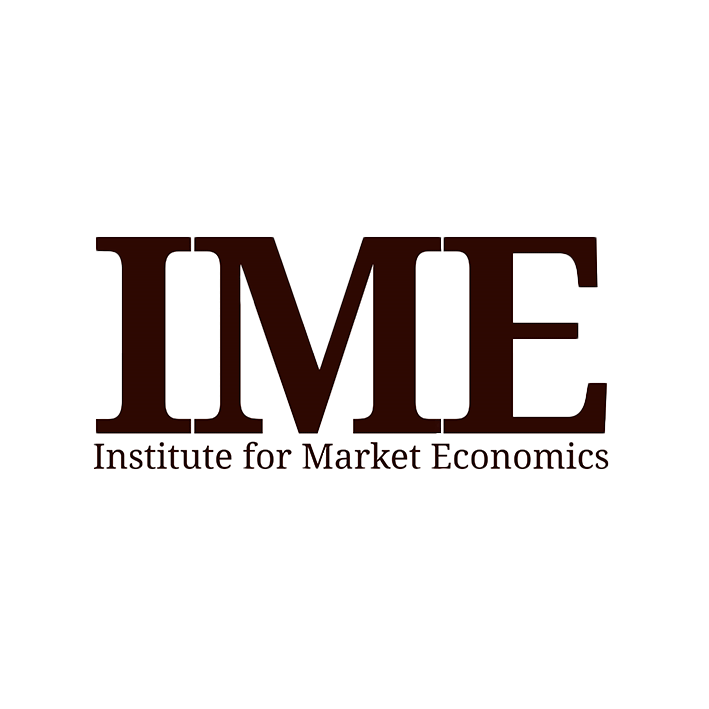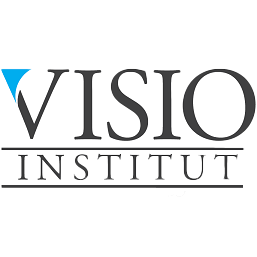Irish politicians pride themselves on being at the forefront of ‘public health’ paternalism, and Ireland has some of the world’s most punitive sin taxes. Of the 30 countries in this index, Ireland has the fifth-highest rate of wine duty, and by far the highest tax on sparkling wine. Its taxes on beer and spirits are almost at Nordic levels. It has the highest tax on cigarettes in cash terms and the fourth highest after adjusting for income.
Ireland introduced a tax on sugary drinks in May 2018, one month after the UK did the same. As in the UK, the tax is two-tiered with a rate of €0.30 per litre for drinks that have more than 8 g of sugar per 100 ml and €0.20 per litre for drinks that have between 5–8 g per 100 ml.
Advertising and sponsorship of food deemed to be high in fat, sugar, and/or salt is banned during television and radio programmes that are mostly watched by people under the age of 18. Such commercials cannot make up more than 25 per cent of advertising time during the rest of the day.
Under the Public Health (Alcohol) Act, which was passed in October 2018, alcohol advertising is banned in cinemas (except before films with an 18 certificate), at bus stops, train stations, and within 200 m of a school, on public transport, in sports arenas, and at events aimed at children or involving motoring. Spirits cannot be advertised on TV or radio at all, and all forms of alcohol advertising will soon be limited to after 9 PM on television and, strangely, between 10 AM and 3 PM on the radio. A ban on using loyalty cards to buy alcohol came into force in January 2021.
In November 2020, Ireland became the first EU country to ban the display of alcohol in shops. Modelled on the tobacco retail display ban, the ‘booze curtain’ policy forces supermarkets and other mixed retail shops to cordon off alcoholic drinks with a physical barrier. The barrier must be at least 120 cm high and keep the alcohol out of sight. Alternatively, the alcohol can be kept in storage units so long as there are not visible below a height of 150 cm.
The Public Health (Alcohol) Act includes mandatory cancer warnings on alcohol packaging which could see Ireland come into conflict with the European Commission, which says they could violate EU law. Worst of all for drinkers, a minimum unit price of €1 per Irish unit (€0.80 per UK unit) was introduced in January 2022.
E-cigarettes can be advertised within the confines of EU law, and they can be used everywhere except on public transport. Cross-border sales are legal. A ban on non-tobacco e-cigarette flavours was proposed in January 2020. Some misguided anti-smoking groups have called for a €0.06 per ml tax on e-liquids. The government has said it will introduce a ‘targeted taxation regime to specifically discourage “vaping” and e-cigarettes’, but it has not done so yet.
A ban on smoking in cars if a person under the age of 18 is present came into effect on 1 January 2016 with a potential fine of €100. Token-operated cigarette vending machines are still legal but could soon be banned under the Public Health (Tobacco and Nicotine Inhaling Products) Bill (2019).
About
The Nanny State Index (NSI) is a league table of the worst places in Europe to eat, drink, smoke and vape. The initiative was launched in March 2016 and was a media hit right across Europe. It is masterminded and led by IEA’s Christopher Snowdon with partners from all over Europe.
Enquiries: info@epicenternetwork.eu
Download Publication
Previous versions: 2021, 2019, 2017
Categories
About the Editor
Christopher Snowdon is the head of Lifestyle Economics at the Institute of Economic Affairs. His research focuses on lifestyle freedoms, prohibition and policy-based evidence. He is a regular contributor to the Spectator, Telegraph and Spiked and often appears on TV and radio discussing social and economic issues.
Snowdon’s work encompasses a diverse range of topics including ‘sin taxes’, state funding of charities, happiness economics, ‘public health’ regulation, gambling and the black market. Recent publications include ‘Drinking, Fast and Slow’, ‘The Proof of the Pudding: Denmark’s Fat Tax Fiasco’, ‘A Safer Bet’, and ‘You Had One Job’. He is also the author of ‘Killjoys’ (2017), ‘Selfishness, Greed and Capitalism’ (2015), ‘The Art of Suppression’ (2011), ‘The Spirit Level Delusion’ (2010), ‘Velvet Glove, Iron Fist’ (2009).
Ireland 2023
Irish politicians pride themselves on being at the forefront of ‘public health’ paternalism, and Ireland has some of the world’s most punitive sin taxes. Of the 30 countries in this index, Ireland has the fifth-highest rate of wine duty, and by far the highest tax on sparkling wine. Its taxes on beer and spirits are almost at Nordic levels. It has the highest tax on cigarettes in cash terms and the fourth highest after adjusting for income.
Ireland introduced a tax on sugary drinks in May 2018, one month after the UK did the same. As in the UK, the tax is two-tiered with a rate of €0.30 per litre for drinks that have more than 8 g of sugar per 100 ml and €0.20 per litre for drinks that have between 5–8 g per 100 ml.
Advertising and sponsorship of food deemed to be high in fat, sugar, and/or salt is banned during television and radio programmes that are mostly watched by people under the age of 18. Such commercials cannot make up more than 25 per cent of advertising time during the rest of the day.
Under the Public Health (Alcohol) Act, which was passed in October 2018, alcohol advertising is banned in cinemas (except before films with an 18 certificate), at bus stops, train stations, and within 200 m of a school, on public transport, in sports arenas, and at events aimed at children or involving motoring. Spirits cannot be advertised on TV or radio at all, and all forms of alcohol advertising will soon be limited to after 9 PM on television and, strangely, between 10 AM and 3 PM on the radio. A ban on using loyalty cards to buy alcohol came into force in January 2021.
In November 2020, Ireland became the first EU country to ban the display of alcohol in shops. Modelled on the tobacco retail display ban, the ‘booze curtain’ policy forces supermarkets and other mixed retail shops to cordon off alcoholic drinks with a physical barrier. The barrier must be at least 120 cm high and keep the alcohol out of sight. Alternatively, the alcohol can be kept in storage units so long as there are not visible below a height of 150 cm.
The Public Health (Alcohol) Act includes mandatory cancer warnings on alcohol packaging which could see Ireland come into conflict with the European Commission, which says they could violate EU law. Worst of all for drinkers, a minimum unit price of €1 per Irish unit (€0.80 per UK unit) was introduced in January 2022.
E-cigarettes can be advertised within the confines of EU law, and they can be used everywhere except on public transport. Cross-border sales are legal. A ban on non-tobacco e-cigarette flavours was proposed in January 2020. Some misguided anti-smoking groups have called for a €0.06 per ml tax on e-liquids. The government has said it will introduce a ‘targeted taxation regime to specifically discourage “vaping” and e-cigarettes’, but it has not done so yet.
A ban on smoking in cars if a person under the age of 18 is present came into effect on 1 January 2016 with a potential fine of €100. Token-operated cigarette vending machines are still legal but could soon be banned under the Public Health (Tobacco and Nicotine Inhaling Products) Bill (2019).
 Austria
Austria Belgium
Belgium Bulgaria
Bulgaria Croatia
Croatia Cyprus
Cyprus Czech Republic
Czech Republic Denmark
Denmark Estonia
Estonia Finland
Finland France
France Germany
Germany Greece
Greece Hungary
Hungary Ireland
Ireland Italy
Italy Latvia
Latvia Lithuania
Lithuania Luxembourg
Luxembourg Malta
Malta Netherlands
Netherlands Norway
Norway Poland
Poland Portugal
Portugal Romania
Romania Slovakia
Slovakia Slovenia
Slovenia Spain
Spain Sweden
Sweden Turkey
Turkey United Kingdom
United Kingdom


















